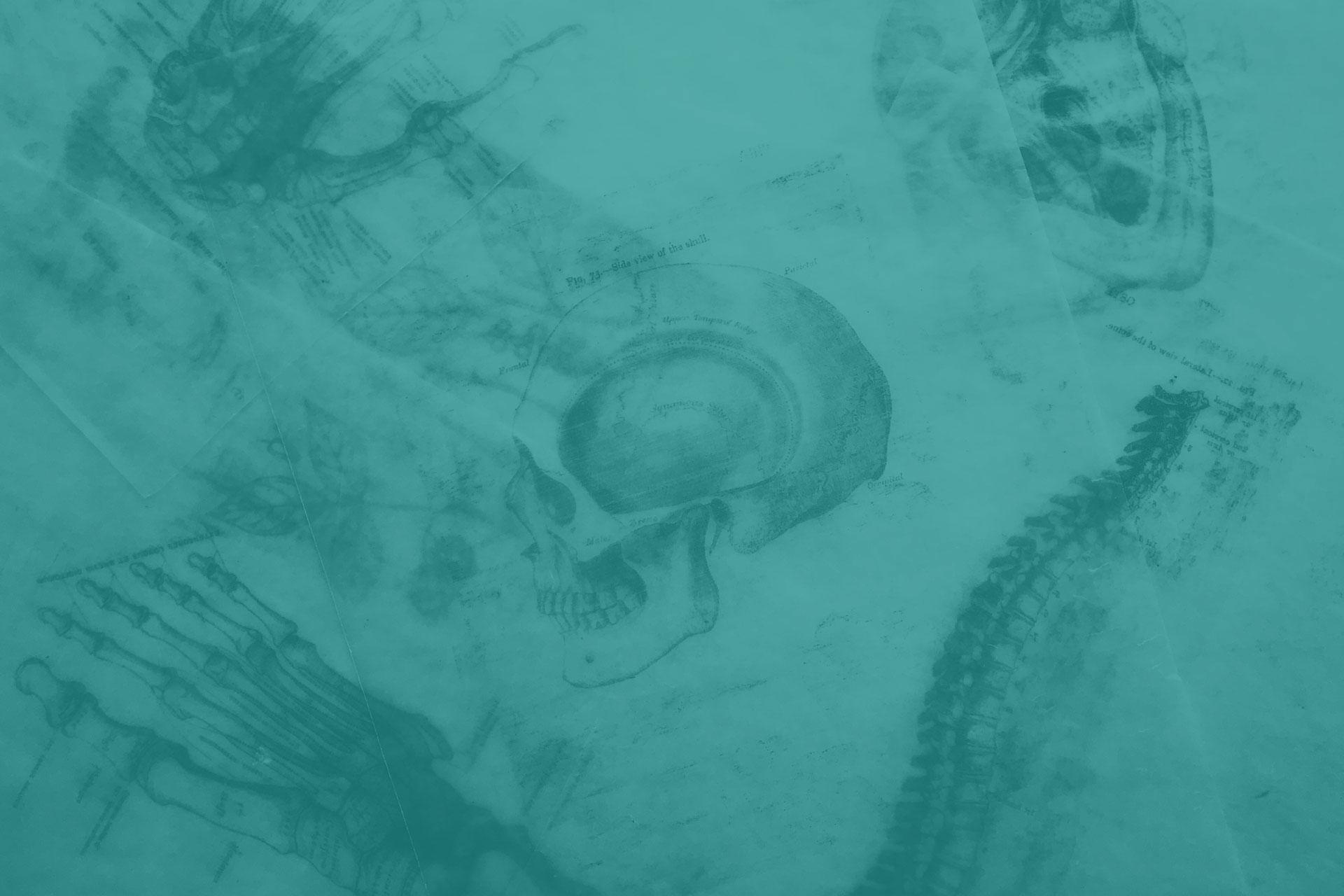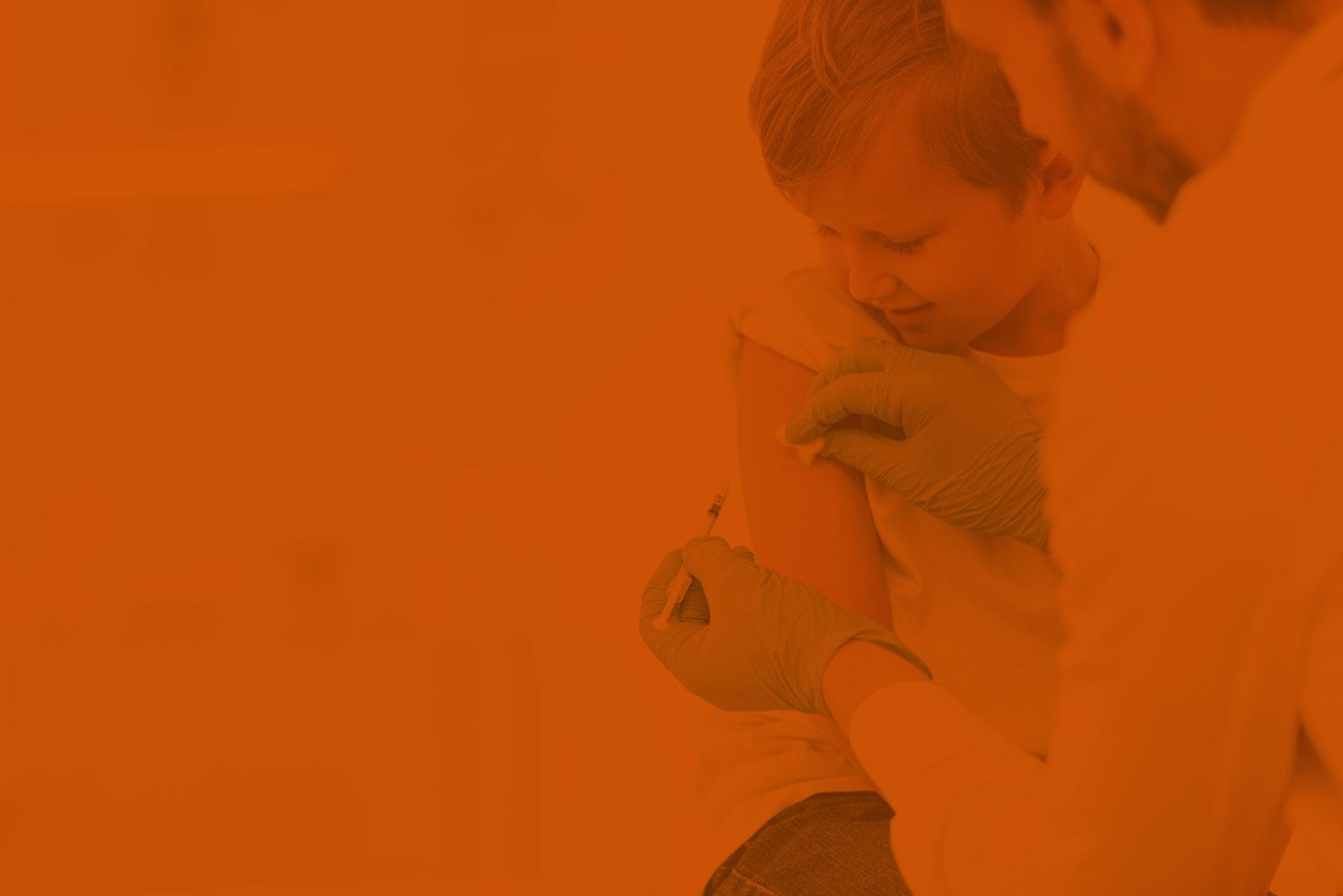CIAS is an international research center that builds on the multidisciplinary field of anthropology to explore a wide range of topics related to the study of past and contemporary human societies. By taking a holistic approach, CIAS brings together researchers from various disciplines—including biological anthropology, social and cultural anthropology, medical anthropology, archaeology, human geography, social sciences, sports sciences, nutrition, and environmental humanities—to promote the cross-fertilization of research perspectives and an articulation of person- and community-centered approaches within broader theoretical frameworks. Current research at CIAS is primarily concerned with questions of human sociality, health and well-being, and human-environment relations. The broad range of contexts, combined with the insights from evolutionary and biocultural anthropology, contribute to critical analyses of historical and contemporary developments.
The scope of CIAS’ research topics includes:
Large-scale diachronic and evolutionary perspectives on health, disease, and sociocultural organization through analyses of human skeletal remains from diverse chronological and geographical contexts. Emphases in this research line include assessments of living conditions, paleodiets, mobility patterns, paleopathology, paleoepidemiology, funerary practices, past population dynamics, morphological variation, and paleoanthropology.
Development and improvement of bioanthropological methods for the estimation of biological profiles (e.g., sex, age, stature, and ancestry) for bioarcheological or forensic applications.
Research into contemporary issues of great importance to health and well-being such as the contribution of social inequalities and gender to patterns of childhood obesity, how the increasingly digitalized world continues to transform the lives of children, the recent and long-term ramifications of pandemics and war, and the financial repercussions arising from these and related issues.
The study of human genetic variation associated with disease phenotypes, including the genetic basis of complex traits (such as obesity and longevity) and hematological conditions (including red cell enzyme deficiencies, hemoglobinopathies, and venous thrombotic disorders); population genetic studies using Y-chromosome and autosomal variants, and epigenetic studies based on DNA methylation analysis, are also important goals in this cluster.
Qualitative research in different parts of the world into key questions of social and cultural transformation under larger forces of modernity and globalization. This research brings into focus the human experiences and the societal challenges of living in a world that is increasingly dominated by top-down forces of governance that are meant to solve problems and improve society but quite often have unintended consequences.
Multidisciplinary research promoting the development of multi-species and post-human perspectives on contemporary issues of environmental degradation and climate change. This research questions the sustainability of dominant models of economic growth, situating the unfolding of contemporary forms of technoscientific modernity in the context of larger shared ecologies and multispecies entanglements.
Located in the University of Coimbra, an institution with more than seven hundred years of history, CIAS is widely regarded as one of the most vibrant and international anthropological research centers in Europe. The center was first established in 1994, but its history goes back to the oldest anthropology institute in Portugal which was founded in 1885. CIAS was significantly reconfigured in 2007 and has obtained very high rankings in all subsequent international evaluations. As an inherently international research center, the members of CIAS are committed to the development of a transnational anthropological research community. As such, the center is actively involved in numerous international research projects, networks, and programs. CIAS researchers are involved in fieldwork-based projects on a global scale and have direct access to biological field stations in Europe, Africa, South America, North America, and Asia. In addition to promoting research activities, the center offers training courses, hosts graduate students, and promotes public events like research seminars, workshops, and scientific meetings. The center is also actively involved in facilitating the publication of anthropological research at the highest level. The center’s journal, Antropologia Portuguesa, is the oldest anthropology journal in Portugal and its quality is internationally recognized by major databases like Scopus, Web of Knowledge, and Capes Qualis.
Today, CIAS includes four major interdisciplinary research clusters. Each research cluster has a recognized team of researchers, but there are significant overlaps between clusters, and they often cooperate with one another projects, subjects, and contexts of research.



